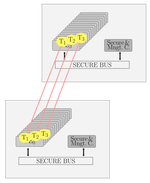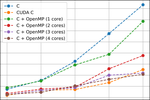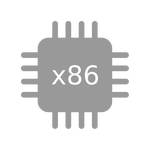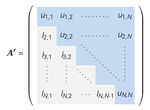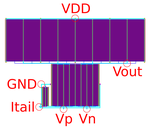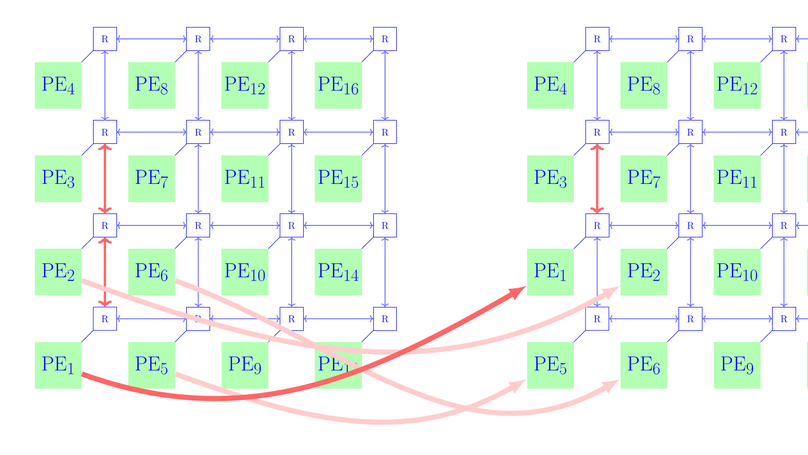Timo Nicolai
Software Engineer
Biography
I’m a software engineer at Gapfruit where I work on the Genode-based Gapfruit microkernel operating system. I’m particularly interested in OS development, distributed systems and anything related to low-level and high performance C++. For an impression of the technologies I have worked with, take a look at some of the projects I have completed.
Download my resume.
Interests
- Operating Systems
- Distributed Systems
- C++
Education
-
MSc Computer Engineering, final grade 1.0 (best possible), 2021
TU Dresden
-
Erasmus+ Exchange Student, 2019
KTH Royal Institute of Technology, School of Electrical Engineering and Computer Science
Skills
C
C++
Python
Linux
Embedded
Deep Learning
Experience
Operating Systems Engineer
- Working on the Genode-based gapfruit microkernel OS.
- Leading development of the remote provisioning interface used to remotely control and monitor a large number of devices via Azure IoT Hub and the USP protocol.
- Presenting the system to and partaking in technical discussions with partners/customers.
Software Engineer
- Part of the firmware team for the BLK2GO mobile lidar scanner.
- Responsible for feature development and maintenance in a number of different domains such as low level Android programming, hardware/GPU accelerated image processing, data collection and analysis as well as automated testing.
- Worked with state of the art C++ (17/20).
Student Assistant
- Wrote MPsym, a fast C++/Python library which uses algorithms from computational group theory to find and represent symmetries in multicore system-on-chips.
- Can be used to significantly speed up mapping of computational tasks to complex architectures.
Software Engineering Intern
- Designed and implemented an extension to the L4Re microkernel’s hypervisor using C++ that:
- Allows inspection of guest state (e.g. cpu state, page tables) and basic debugging at runtime.
- Works on several different architectures (x86/x86-64, ARM/ARM64).
R & D Intern
- Worked with agile team on manufacturing defect detection machine learning project.
- Developed software for data acquisition, processing and analysis and for training of deep neural networks.
- Used Python libraries such as PyQt, OpenCV, NumPy, and Matplotlib.
Student Employee
- Wrote tests for several L4Re components using C++.
- Extended existing infrastructure for complex test scenarios.
- Worked on code coverage data on embedded platforms.
- Implemented a Lua tool for verification and visualization of L4Re startup scripts.
- Created a Python visualization library for benchmark data based on Jupyter.
Student Assistant
- Developed a Linux backend for a distributed computing framework.
- Worked with C and many aspects of the Linux system programming interface.
R & D Intern
- Used MATLAB to develop and evaluate algorithms for position estimation of an ultrasonic sensor.
- Built and debugged hardware prototype boards using Atmel and ARM microcontrollers programmed in C/C++.
Projects
*
Improving mapping of computational tasks to manycore architectures using computational group theory, published in IEEE TCAD. MPsym can determine whether different mappings are equivalent due to symmetries of an architecture’s topology. Works efficiently with large, hierarchical architectures and can be used to improve existing mapping discovery algorithms by making them “symmetry aware”. Implemented in C++ for performance with easy to use Python bindings.
A from-scratch PyTorch implementation of the convolutional neural network described by Zhang et al. in Colorful Image Colorization. Can be used with pretrained weights or trained from scratch. Also includes an implementation of Google’s DeepLab-V3+ network that can be substituted for the default VGG network.
Awards
Enno-Heidebroek Certificate for Academic Achievement
Hermann-Willkomm Prize for Best Final Thesis
Awarded for my thesis “A Compiler-Based IDL Framework for L4Re”.



